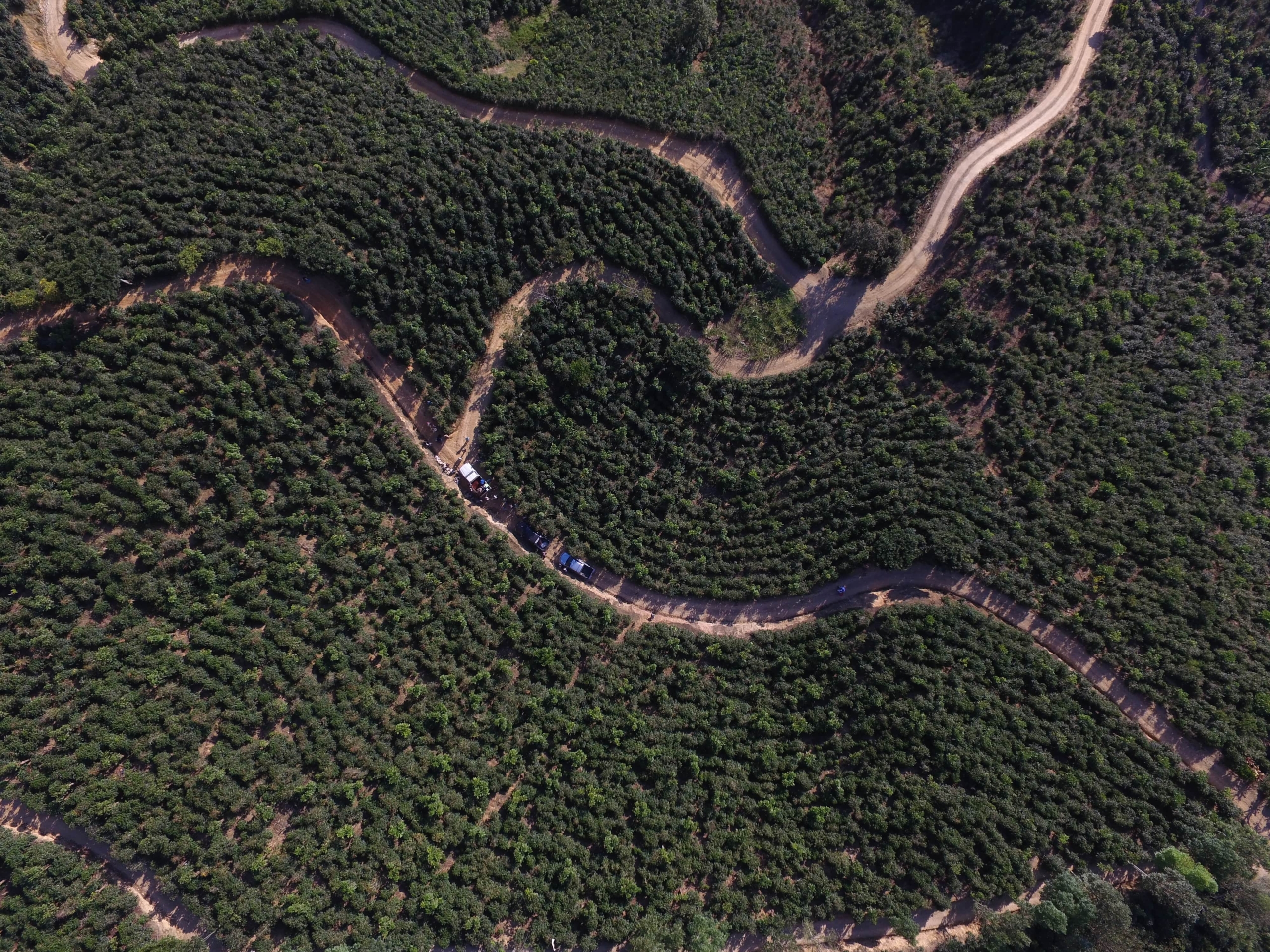Costa Rica is renowned for producing some of the most balanced and high-quality coffees in the world. With ideal growing conditions—high altitudes, volcanic soil, and a tropical climate—Costa Rican coffee is cultivated with care, often by smallholder farmers who emphasize sustainability and precision. The country has a long-standing tradition of fully washed Arabica coffee, known for its bright acidity, clean sweetness, and crisp, citrusy notes.
Swiss Water Process
Swiss Water Process (SWP) decaffeination works through diffusion, not osmosis. Initially, green coffee beans are soaked in water until all the caffeine and flavor compounds are extracted. The beans are then discarded, and the solution they created is run through a carbon filter that removes the caffeine, leaving behind only the flavor compounds—what SWP calls its green coffee extract, or GCE.
When SWP decaffeinates a coffee, the beans are soaked with a small amount of the GCE, which creates a saturated solution in which the caffeine leaves but the flavor compounds remain in place, unaffected. The GCE is like a yeast “mother.” While initially SWP had to sacrifice some coffee to create it, once the first batch was made, it just needs to maintain the health of the GCE and keep it slowly regenerating, which it does by adding small amounts of clean water.

